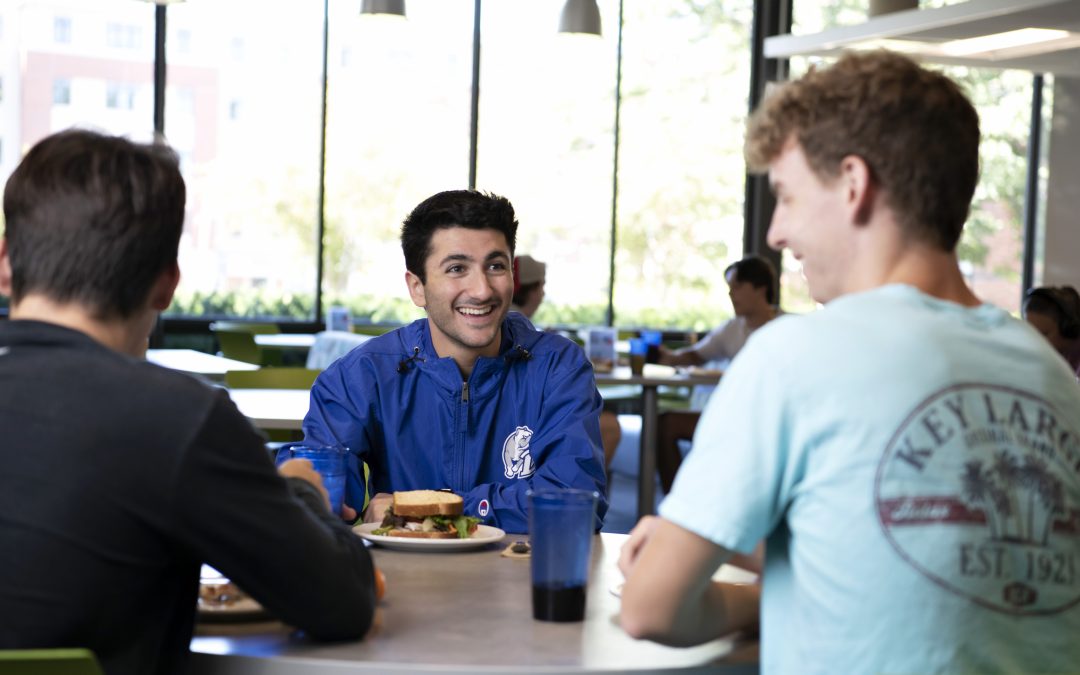Congratulations! You’ve made it through the college search process and selected which school you’ll attend in the fall. As you excitedly look ahead to arriving on campus, one way to get prepared is to attend a college orientation. Here’s what to expect.
What is a college orientation?
Orientation is a single to multiple-day event that acclimates incoming first-year and transfer students to their college or university and provides them with resources needed for a smooth transition. While the format may differ by school, its intended purpose is the same.
What happens during a college orientation?
During your orientation, you will be assigned to a small group with a peer leader. This is typically an upperclassman with a similar academic major or hometown. Your group might also be made up of the other students in a required class you have to take your first semester or other students in your major. Each school will group students differently, but there will almost always be some commonality within your group.
Your group will attend several different breakout sessions intended to ease the transition into college. Potential sessions include safety seminars, professor meet and greets, student resource overviews, a campus tour, and more.
You can also expect to do a few icebreakers and team-building exercises as you become acquainted with other new students. This is a great opportunity to begin making friends before the start of the semester. The evening is generally reserved for recreational activities to allow time for socializing and fun after a day full of sessions and activities.
How to prepare for a college orientation
Multi-day orientations include an overnight stay in a dorm room, so be sure to look for a recommended packing list from your school. This will include items like pillows, shower shoes, and a towel. We also recommend having a comfortable pair of shoes ready, as you can expect to do a lot of walking around campus.
It’s a good idea to think of a few questions you may want to ask your peer leader or campus faculty. While it is normal to think of a few additional questions after completing your orientation, take advantage of the opportunity to have some answered in person.
Your orientation leader will likely reach out via phone or email a few days or even weeks ahead of the actual date. Read these messages closely to avoid missing important information.
And most importantly…
Relax! It’s normal to feel a mix of nerves and excitement ahead of orientation! Just remember there are many people at your university ready to help make this experience as enjoyable and stress-free as possible.
To learn more about what a Drake orientation entails and how to prepare, visit drake.edu/orientation.


